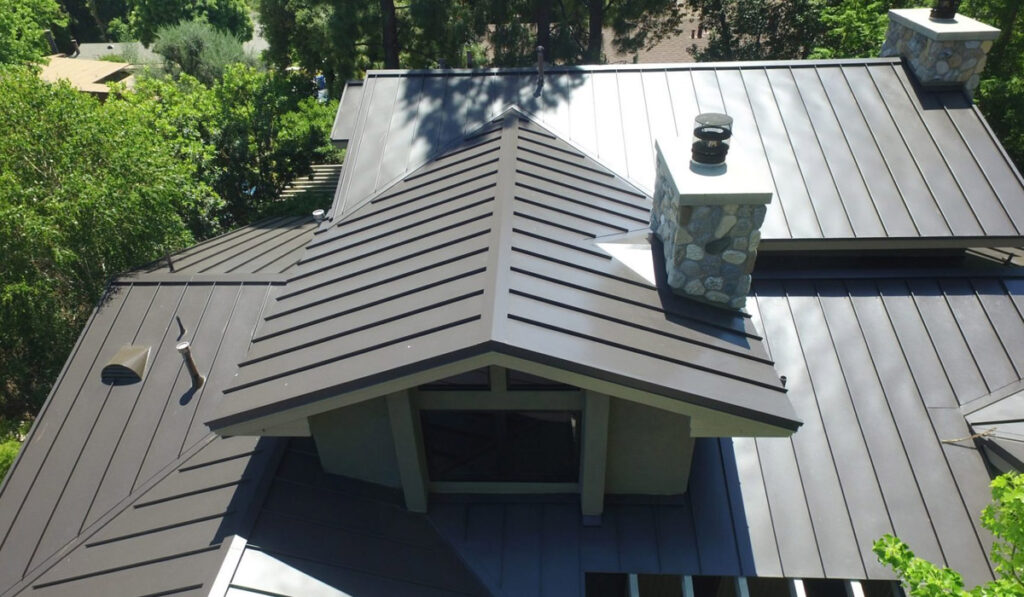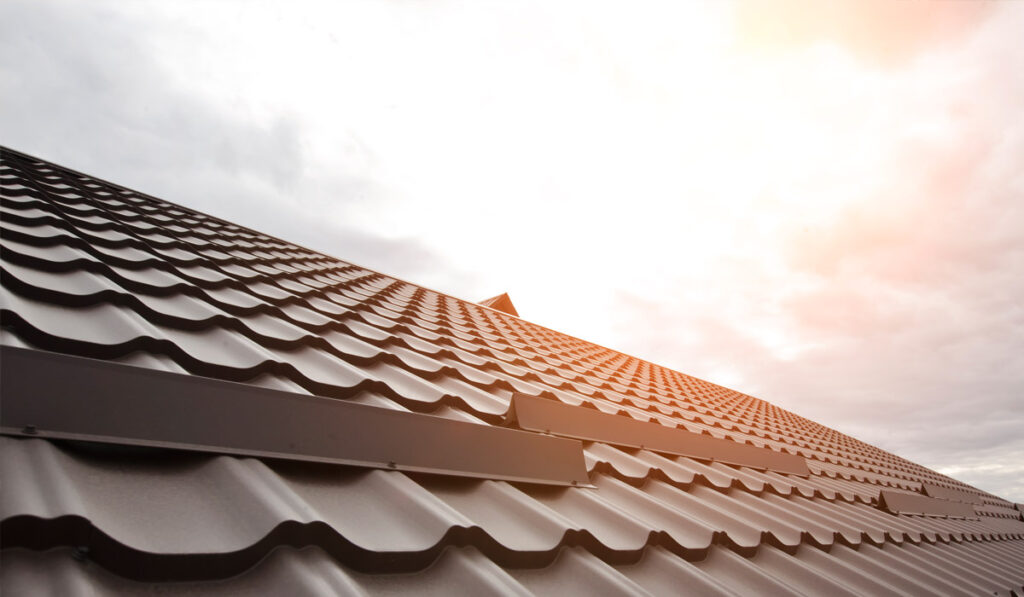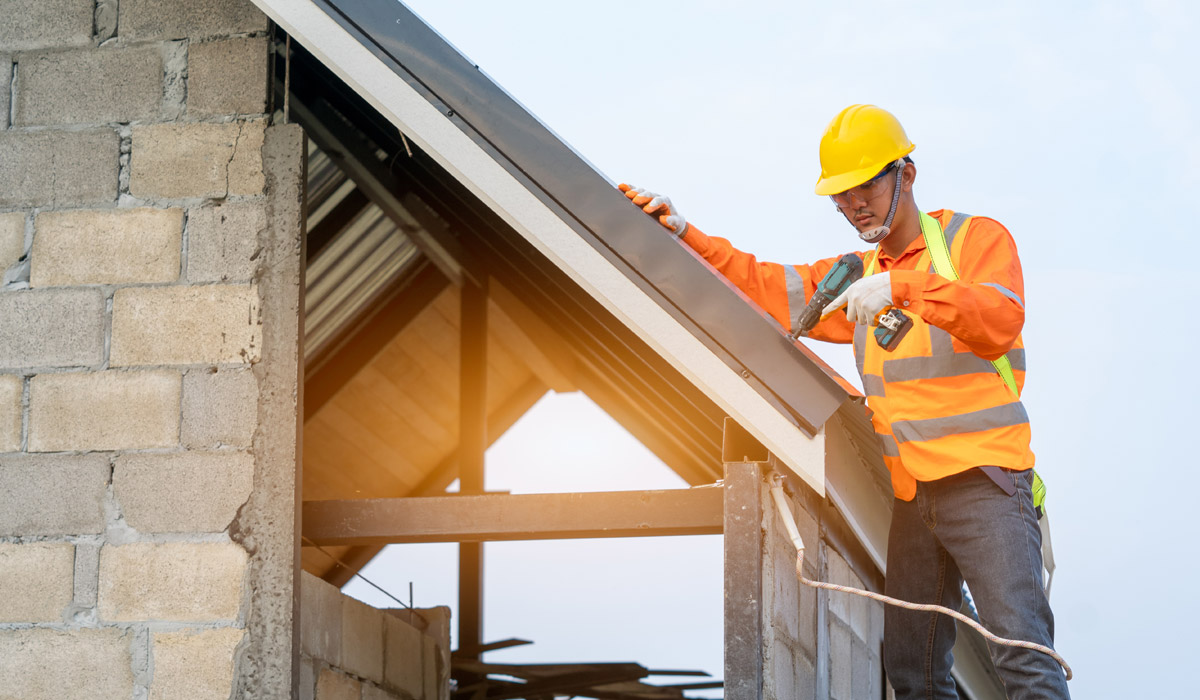The chimney in your home serves a vital purpose, providing a safe passage for smoke and harmful gases to escape from your fireplace or wood-burning stove. However, over time, chimneys can accumulate soot, creosote, and debris, leading to potential hazards. Regular chimney inspection and maintenance are critical to ensuring your family’s safety, preventing fires, and maintaining the efficient performance of your heating system. In this comprehensive blog post, we will explore the importance of regular chimney inspection and the potential risks associated with neglecting this essential home maintenance task.
- Preventing Chimney Fires
One of the primary reasons for regular chimney inspection is to prevent chimney fires. When wood burns, it produces a flammable residue called creosote, which can build up on the interior walls of the chimney over time. Creosote is highly combustible and can ignite, leading to a dangerous chimney fire. Regular inspections and cleaning by a certified chimney sweep help remove creosote buildup, reducing the risk of a catastrophic fire in your home.
- Detecting Structural Issues
Chimneys are exposed to various weather conditions and elements throughout the year, which can lead to wear and tear. Regular inspections allow a trained professional to assess the structural integrity of your chimney. Cracks, crumbling mortar, and damaged bricks can compromise the chimney’s stability and increase the risk of collapsing or causing damage to your home.
- Identifying Obstructions and Nesting Animals
Chimneys can become blocked by debris, such as leaves, twigs, or even small animal nests. These obstructions prevent proper ventilation, causing harmful gases like carbon monoxide to back up into your home. A thorough inspection ensures that your chimney is clear of any blockages, allowing safe and efficient ventilation.
- Checking for Carbon Monoxide Leaks
Carbon monoxide (CO) is a colorless, odorless, and tasteless gas that is produced when fuels like wood or gas burn incompletely. If your chimney is not functioning correctly or has blockages, CO can accumulate inside your home, posing a severe health risk to your family. Regular chimney inspections include checks for potential carbon monoxide leaks, helping you maintain a safe indoor environment.
- Extending the Life of Your Chimney
Regular chimney maintenance not only keeps your family safe but also extends the life of your chimney. Addressing minor issues promptly prevents them from escalating into more significant and costly problems. By investing in routine inspections, you can avoid expensive repairs or even the need for a complete chimney rebuild in the future.
- Complying with Home Insurance Requirements
Some home insurance policies require regular chimney inspections to remain valid. Failing to meet these requirements may lead to coverage denial or difficulties in filing a claim in case of a chimney-related incident. Ensure you understand your insurance provider’s guidelines and schedule regular inspections accordingly.
Regular chimney inspection is an essential aspect of responsible homeownership, ensuring the safety and well-being of your family. By detecting potential hazards, identifying structural issues, and keeping your chimney clean and clear, you can prevent chimney fires, carbon monoxide leaks, and other dangerous situations. Professional chimney sweeps are trained to perform comprehensive inspections and maintenance, providing you with peace of mind and extending the life of your chimney. Remember to schedule annual inspections and, if necessary, cleanings to safeguard your family and enjoy the warmth of your fireplace or stove safely throughout the year.




1,605 Comments